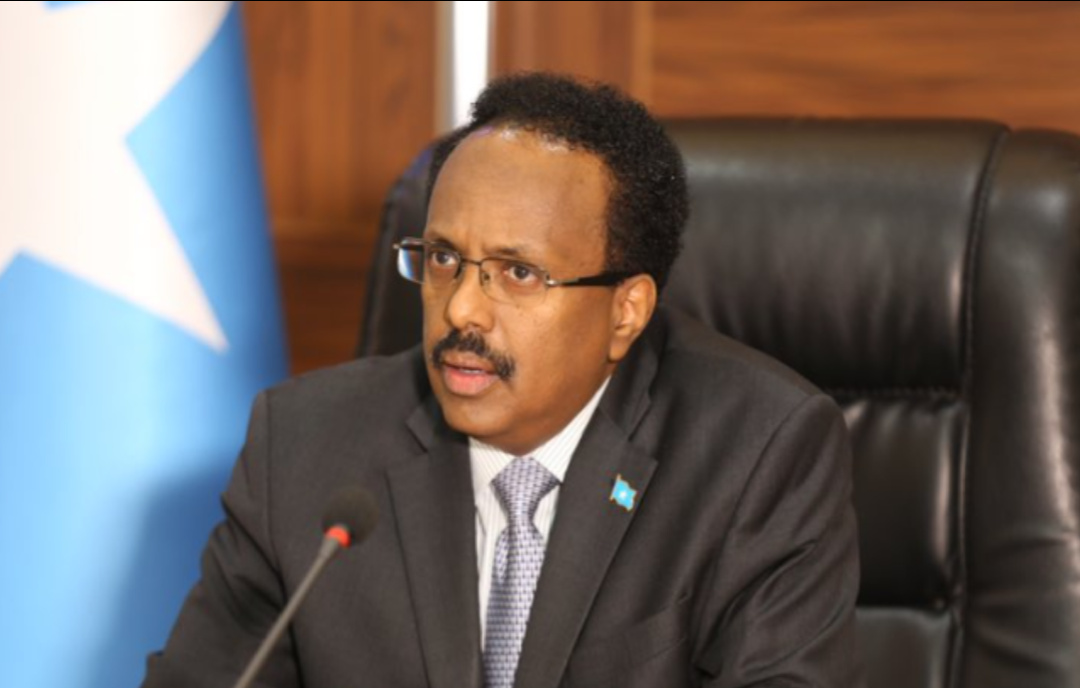
MOGADISHU — Somalia parliament on Wednesday gave a vote of confidence to the newly appointed Prime Minister Mohamed Hussein Roble in a special session held in the capital, Mogadishu.
Mohamed Mursal Abdirahman, Speaker of Lower House of Parliament, said that 215 members endorsed Roble who was appointed by President Mohamed Farmajo last week, saying there was neither objection nor abstention. President Farmajo thanked Parliament for accepting his request for approval of the new prime minister who will be charged with overseeing government functions. “I am thanking the parliament for giving the majority vote of confidence to the new prime minister, I also wish you will approve his new government soon,” he said in a statement. “Roble is an educated, experienced Somali citizen with a high degree of patriotism. He needs to form a capable government that can continue to prioritize the country’s pressing needs,” he added.
On his part, Roble thanked the parliament for the vote of confidence while promising to build a qualified executive council that will respond to pressing matters like security and managing elections. “I thank the president and the parliament for giving me this historic opportunity to serve my country. I will set up a new government and hope you will give your confidence as soon as I bring it to you,” said Roble. The prime minister, who was immediately sworn in after his approval in a session attended by President Farmajo, said his administration will give priority to security, elections, development, good governance, anti-corruption fight, reviewing the constitution, reconciliation and international cooperation. Roble, a newcomer in politics, also said he will focus on fighting terrorism and foster good governance. He is a graduate of Somali National University in civil engineering and an international civil servant who worked at the International Labour Organization (ILO).
Analysts say the appointment of Roble, who appears non-aligned in the Somalia political landscape, appears a sign of hope and a major compromise on the process to be followed in electing the incoming federal government of Somalia.
The tenure of the current Parliament ends on Dec. 27, and the tenure of office of president Farmajo ends on Feb. 7, 2021. Analysts say holding the 2020 universal vote is considered critical for the sake of entrenching the federal system of governance, which is required to appease communities and regions claiming systematic exclusion and marginalization for decades.







